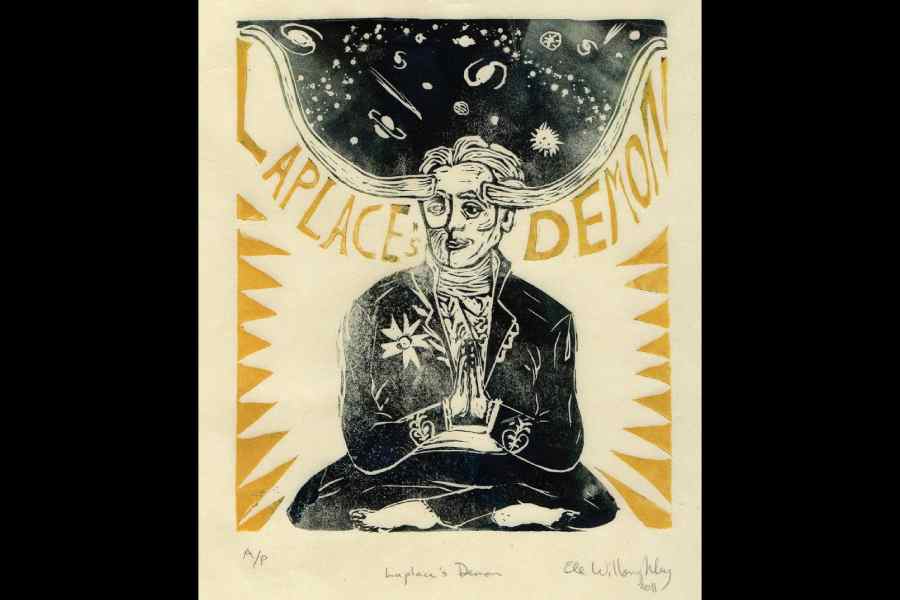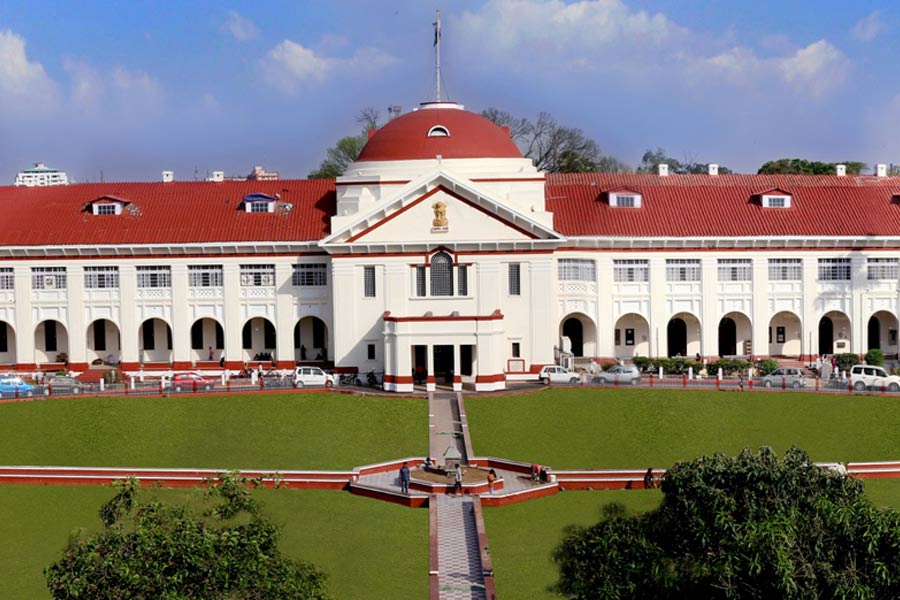FLUKE: CHANCE, CHAOS AND WHY EVERYTHING WE DO MATTERS
By Brian Klaas
John Murray, Rs 699
As long as humans have been around and participated in the ever-unravelling world, they have told each other stories. Each story told by us reflects our deepest desire to make sense of the mysteries that we find ourselves enveloped in, or the mindboggling puzzles that our daily lives throw at us. Could we tell stories without ever bringing in ‘causality’, or falling prey to the inviting old habit of connecting the dots? Well, our world is full of stories with no decipherable plotlines. If you like, the creation is riddled with enigma and opaqueness. According to the author, Brian Klaas, the enigma can never be sufficiently understood not owing to the lack of tools at our disposal but due to the unknowability of the universe. There are too many variables at play; “unknown unknows”. Humans with their vast knowledge and their ever-increasing grip on data or, for that matter, if humans themselves were to transform themselves into Laplace’s Demon — an imaginary creature possessing knowledge of the accurate position and motion of each atom in the universe — even then, they would fail to predict the weather conditions on any random day. The point is powerfully hammered in: it is not a clockwork universe where events happen delineating any clear law. It is a complex world, perplexing, untameable, and irreducible to algorithms and equations. It is also a world shaped by the most trivial of events.
Throughout Fluke, Klaas champions the Chaos Theory and creates more space for happenstance and arbitrariness in the study of the human world. The book classifies the problem of over-reliance on the causality paradigm and ‘scientific’ deduction of complexities as symptomatic of the human perversion to find patterns and impose design. The contention of Klaas is the absence of Dionysian elements and an overemphasis on the Apollonian order. This is not an easy position to take within social studies and the academia, and the author turns against his own creed in discrediting valorised social theories. Klaas, a self-confessedly disillusioned social scientist, embarks on the project of busting certain endearing myths. Reading these essays, which are tightly knitted and sharply argued, brings an unsettling and disenchanting feeling. The aspersions are cast wide and deep. Blow-by-blow, all the hollow moulds lie smashed.
The book invites us to closely examine the ideas we have inherited and woven extensive myths around to find solace and anchor our experiences of the world. It presents a Nietzschean exercise of scrutinising the truths of our being. If we are products of forces beyond our control, and if we can never pin down the ingredients of our making, shall we ever be on a moral ground to pursue the diktats of individualism? Klaas offers a thought experiment to clarify: if each cell in your body is to be replaced by those of Adolf Hitler’s, then at what point do you cease to be yourself? Humans have been changing every instance of their existence; old cells decay and are ever replaced by new ones.
However, Klaas further complicates the equations by bringing in the newest ideas from behavioural and evolutionary science. It has been sufficiently established that the behaviour of humans is also dependent on bacteria. The way we perceive, act and react is determined and constantly impacted by non-individual and often non-human actants. It thus becomes difficult to hold individuals responsible for their actions. Consequently, our moral world order emerges to be one that is chaotic. The writing is on the wall: chaos is the new order.










